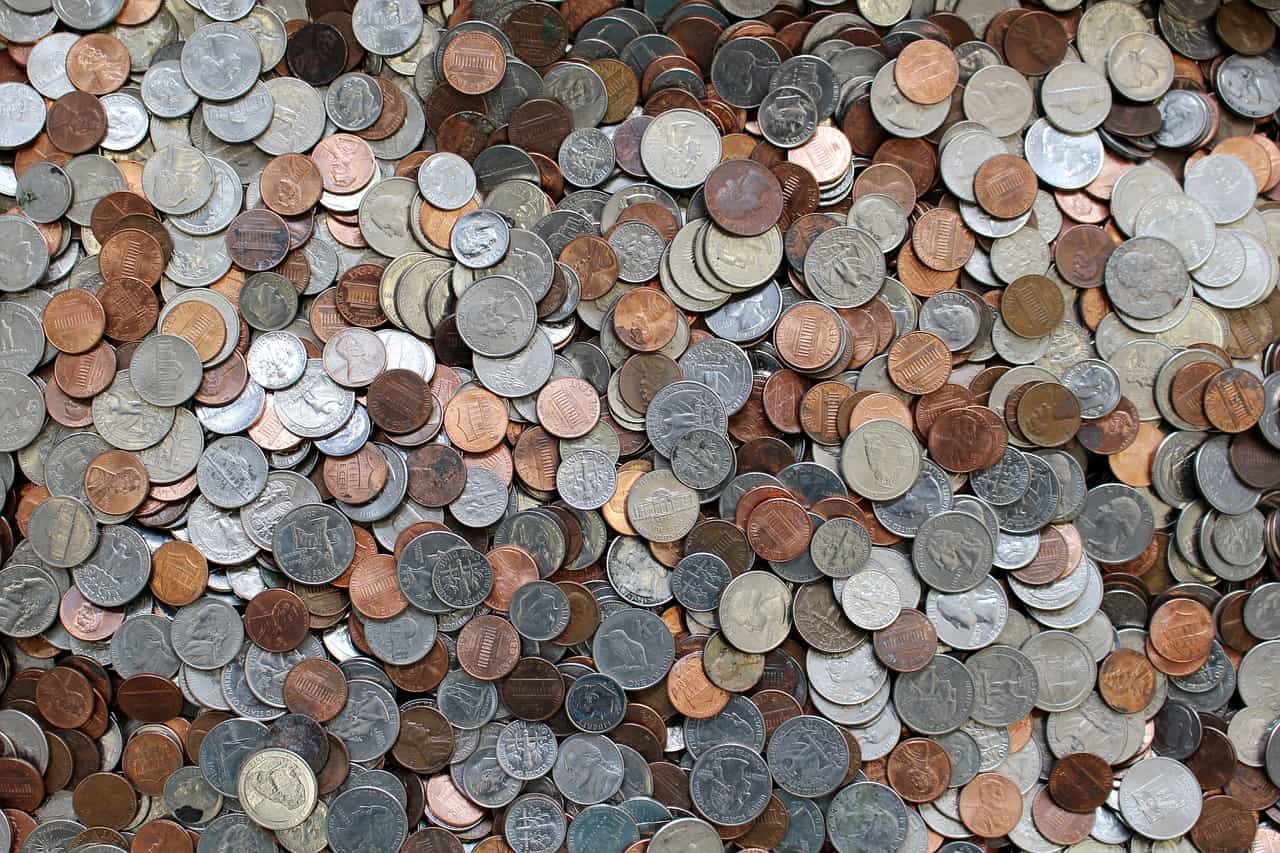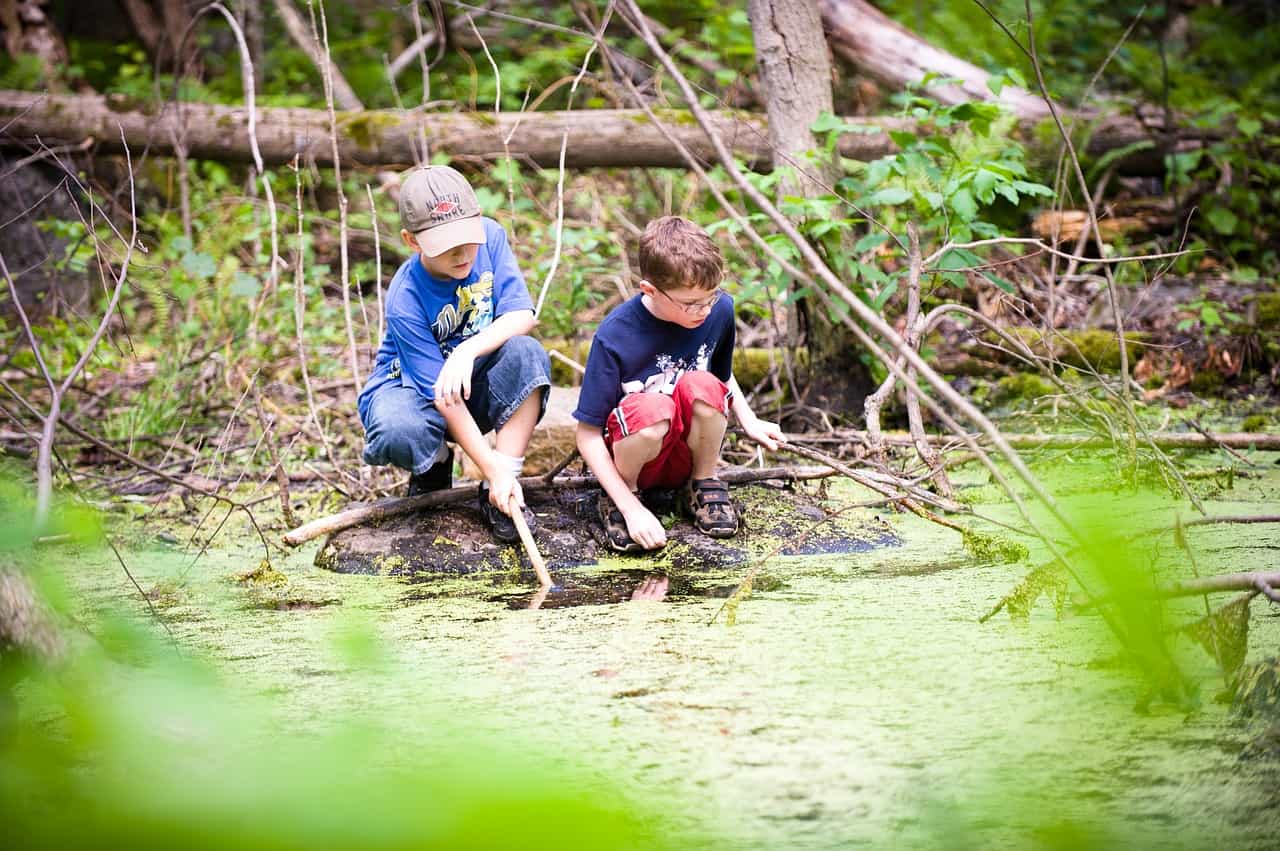
It’s Time to Refine Our Understanding of Stewardship
Stewardship is one of those words that can mean so many things to different people. On the secular level, stewardship has come to mean “an ethic that embodies the responsible planning and management of resources,” according to Wikipedia.
In many religious circles, stewardship is all about tithes, offerings, and raising money for the various programs and goals of the church or synagogue. Often, the care and management of the world is included as an extension of the belief that we are to be caretakers of God’s creation, but more on the individual level than, say, as a congregation.
The problem with all of these ideas is that the focus tends to be for the benefit of one group instead of for all. For example, a forestry stewardship council may be more concerned with increasing or maintaining harvest levels than with the overall health of a forest. In the Pacific Northwest they might champion replanting trees, but only those species most desirable for market such as Douglas Fir and not Western Hemlock or even Western Red Cedar. And all the understory plants and shrubs are left to return — or not — by haphazard chance. The resulting forest is less diverse in plant and animal life and less able to respond to stresses such as climate change or insect invasion.
On the religious front, so much time, effort, and money is spent on the business side — caring for buildings, property, salaries, etc. — that the actual tending to people is often missed. I’m not saying that church workers don’t deserve decent salaries. I am positing that the traditional idea of what a church should look like needs to be re-examined. For example, the idea that a highly paid pastor who preaches to 1000+ people on Sunday can actually minister to those people is ridiculous. Sure, if all you do is go on a Sunday to hear a sermon and then go home, that works. But if the church is supposed to be the place where people not only learn about God but are supposed to build a relationship with God, the old paradigm doesn’t work. Because we meet God in relationship with others who are also learning. That doesn’t happen in large crowds.
This is why stewardship needs to be rooted in grace to be meaningful and effective.
Grace is the realization of profound love. I talk about this extensively in What is Grace? Part 1 – The Spiritual and What is Grace? Part 2 — The Practical. (These are also on Medium Part 1 and Part 2.) Whether you consider yourself spiritual or not, understanding that love allows us to look and act beyond ourselves and self-interests — that we can choose to live from that understanding and extend it to others — is grace.
Therefore, stewardship that comes out of grace is both more intimate and more about the big picture.
Author Diana Beresford-Kroeger, in her book To Speak for the Trees: My Life’s Journey from Ancient Celtic Wisdom to a Healing Vision of the Forest, shares how she came to collect native North American species of trees that once were part of the First Nations peoples’ medicine lore, as well as early orchard trees more hardy than modern varieties. Many of these have been lost to agriculture and development, but through research, writing and getting the word out, she has diligently worked to protect, save, and even propagate some of these trees on her own farm. Her training in biology and Celtic lore and practice gives her an intimate view of these plants and a wide view of their place in our world. Her mission is to preserve these important plants for the future.

In my own yard in the West Texas desert the struggle is over water use. I look across at my neighbor’s large, green lawn that he waters every day and then at my own struggling, weedy patch. We both use well water for our yards. But where he has city water for his home use, we must rely on our well alone. So, I didn’t plant the garden I wanted this year. Even if it had survived the hail and flooding rains we had two weeks ago, we are now in triple digit heat, and it isn’t officially summer yet! Without constant watering, and possibly shade structures, a garden couldn’t survive. And if the well goes dry, we’ll be on bottled water until we have the money to get hooked up to the city water ourselves. As much as I want flowers, home-grown tomatoes, and other vegetables (and my husband loves green lawns!) good stewardship says to conserve the water.
On the broader scale, most of the American Southwest is in extreme drought. Water is in short supply for farming, towns and cities, and wildlands alike. Farms we depend on to feed us are going bankrupt. Yet communities still have regulations prohibiting xeriscaping or brown lawns. And those with the money continue to water lavish landscapes and golf courses, while others must pay to have household water trucked in. Or move. Grace-filled stewardship would be looking for ways to economize the water we have for the benefit of everyone as well as new, creative sources. Everyone has a stake in the outcome, so everyone must be included in the solution. That is good stewardship.
On the church front, we need to look beyond big buildings and big numbers of bodies. If the COVID-19 pandemic has taught us anything, it’s that the traditional number games mean little. Full pews are empty if the people leave hurting. The real work is done in small groups and one-on-one. Oh, large group worship can be a great high on occasion, but it is in the smaller groups — where we can ask questions back and forth, where we feel safe to expose our weaknesses and give of our strengths — that we learn to encourage one another and heal and understand grace and love.
Instead of a building program, what about putting that money into training and materials for home Bible studies? Maybe yours is an older congregation that can’t afford to maintain your facility anymore. Can you share it with another congregation? Or two? What about other groups in the community? Remember, it is the people who make up the church, the synagogue, the mosque, the temple. For the spiritual person, God is in our hearts, our minds, our spirits.
As we live with the consequences of our own actions and those of our forebears, we also need to look toward the future. Our stewardship now has very real direct and lasting effects for ourselves, those around us, and those who will come after us. What will be do about water shortages? What will we do about subsequent food shortages? What about rising sea levels and all those people whose land and homes are disappearing? Where will they go?
And the most difficult question of all: what am I willing to do?
What am I willing to do — or change — to be a graceful steward in my faith community? In my geographical community? In my global community?
Grace, Peace, and Hugs!